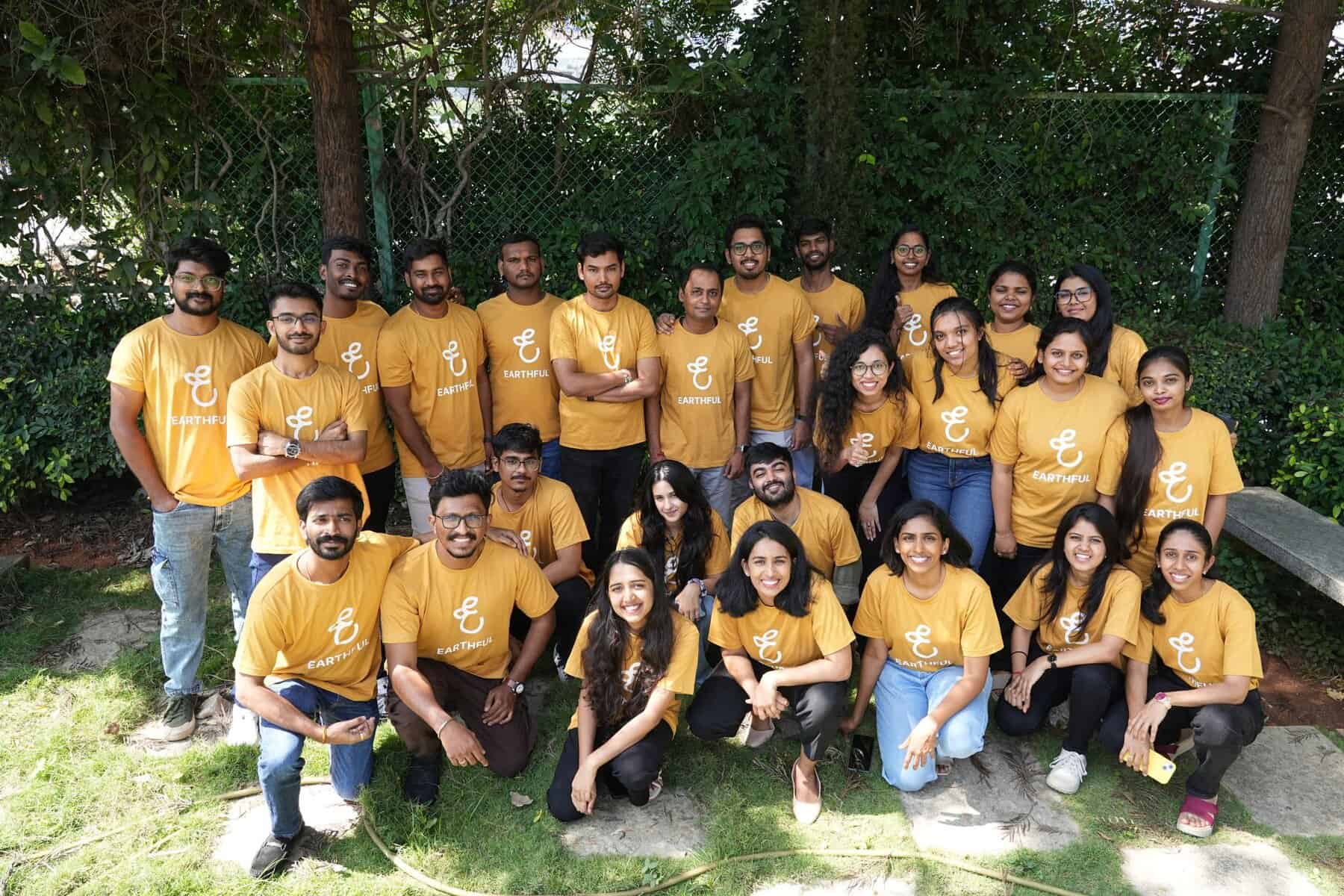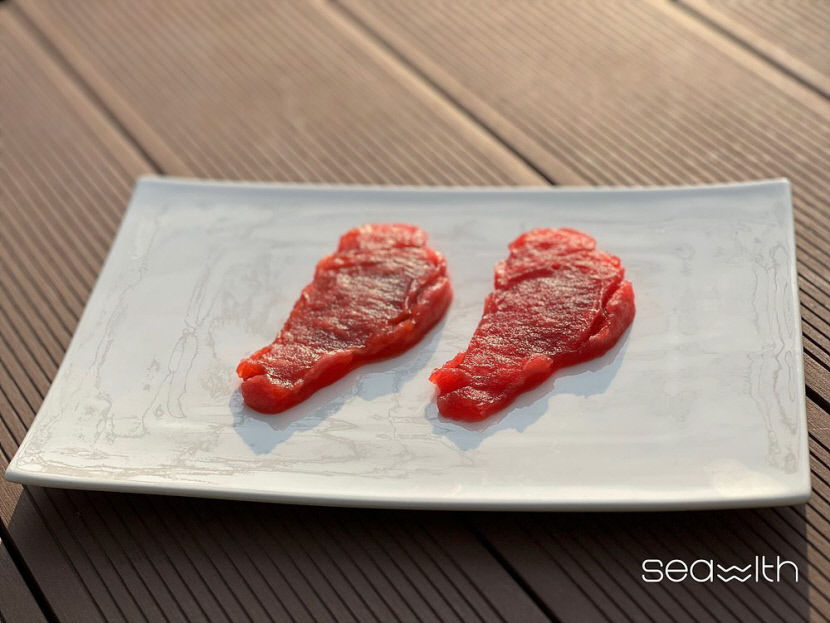

EU guidance streamlines food hygiene rules for cell-based meat and edible insects
The European Union (EU) has taken a significant step towards embracing novel food sources with the recent publication of guidance documents clarifying food hygiene regulations for cell-cultivated meat and edible insects. This move comes at a crucial time, as these innovative food technologies are gaining traction globally, and clear regulatory frameworks are essential for ensuring consumer safety and market access.
Traditionally, food safety regulations have been designed with conventional meat production in mind. Cell-based meat, however, disrupts the traditional paradigm. It involves cultivating animal muscle tissue from starting cells in a controlled environment. Edible insects, on the other hand, represent a protein source entirely outside the realm of conventional meat production.
This novelty presented a challenge. Existing regulations, such as Regulation (EC) No 853/2004 which focuses on hygiene for food of animal origin, lacked specific provisions tailored to these emerging food sources. This regulatory gap created uncertainty for producers and potentially hampered the progress of these innovative technologies.
The EU's new guidance documents address this very issue. They offer a much-needed interpretation of how Regulation (EC) No 853/2004 can be applied to cell-based meat and edible insects. This essentially provides a roadmap for producers to navigate the existing hygiene framework and ensure their products meet the high food safety standards expected by the EU.
Adapting existing regulations: The guidance highlights specific sections of Regulation (EC) No 853/2004 that are particularly relevant to cell-based meat and edible insects. This allows producers to focus on crucial aspects like good manufacturing practices, hazard analysis and critical control points (HACCP), and traceability throughout the production chain.
Addressing specific concerns: The document acknowledges potential concerns specific to these novel foods. For instance, with cell-based meat, the guidance emphasizes the importance of stringent controls to prevent contamination from the starting cell lines and growth media. Similarly, for edible insects, the focus might be on ensuring proper rearing, harvesting, and processing practices to minimize microbiological risks.
Promoting consistency: By providing a clear interpretation of existing regulations, the guidance promotes a harmonized approach across EU member states. This consistency is crucial for producers who want to market their products across the European market.
The EU's initiative to clarify food hygiene rules for cell-based meat and edible insects offers several benefits. Clear regulations create a more predictable regulatory environment, encouraging investment and innovation in these emerging technologies. Companies can now focus on research and development with a clearer understanding of the path to market approval. Transparent and well-defined regulations, meanwhile, help build trust with consumers. Knowing that these novel foods are subject to the same rigorous hygiene standards as conventional meat products can alleviate concerns and encourage wider adoption. Cell-based meat and edible insects have the potential to contribute to a more sustainable and secure food system. By facilitating their development, the EU is taking steps to diversify food sources and address potential challenges like resource scarcity.
The EU's guidance documents represent a significant step forward, but it's important to recognize that this might not be the final chapter. As these technologies continue to evolve, regulations might need further refinement. Additionally, specific labeling requirements for cell-based meat and edible insects are still under discussion.
"This is an incredibly important update as this lack of clarity has been causing a great deal of uncertainty within the industry. In Section 3.4, it says that for products of animal origin (e.g. cultivated meat) that are not specified in the regulation, should be handled in accordance with the relevant requirements laid down in Regulation (EC) No 852/2004 and with the general rules for products of animal origin laid down in Regulation (EC) No 853/2004 (in particular the rules on products from outside the Community referred to in Article 6)," commented Hannah Lester, Founder & Principal Consultant at Atova Regulatory Consulting. "Moreover, it says that food safety for cultivated meat will be ensured based on the risk assessment performed by the European Food Safety Authority (EFSA) within the frame of a novel food authorisation. Since there are no requirements in Annex III of Regulation (EC) No 853/2004, establishments handling cultivated meat products do not need to be approved or to apply an identification mark on the food."
If you have any questions or would like to get in touch with us, please email info@futureofproteinproduction.com






